How many of you meditate? Take a daily walk? Go for a run without your iPod?
If no downtime is built into your day, you may consider it too much of a luxury in an already over-scheduled life. But, in fact, practices like meditation or quiet walks are a necessary part of your writing work day.
My downtime (running, walking, meditating) has helped me:
- Solve character problems
- Flesh out scenes
- Reveal new themes
- Talk out dialog
- Play around with rhythm
- Break through a block
- Ease back into an old project
- Brainstorm a new project
- Discover an epiphany
This is no small stuff. It’s huge, important stuff. And I’d call that work, right?
How do you practice downtime? What has it done for your writing?





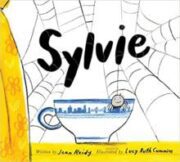


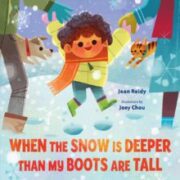


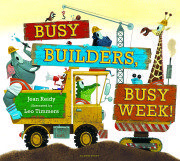
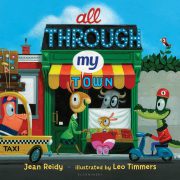
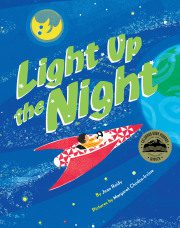
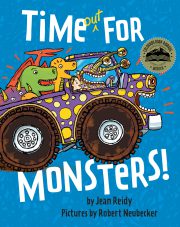



Does Scrabble count? 🙂
I'm trying to take more walks w/out my iPod. I always have paper and pencil with me, and often stop in the middle of a trail to record snatches of dialog, an idea for an added scene, an important insight about a character, and so on. If no one's around, I've been known to talk to myself, as well.
All of the above! I pray, walk, read, and reflect, and it all does ALL of these things. Writing is more than churning out the words.
Warning: Never play Corey in Scrabble. She will kick your —-.<br /><br />Pam – I talk to myself ALL the time, but especially in the car. Then folks driving by think I'm just singing to the radio.<br /><br />Marcia – In my school visits I try to emphasize how much "thinking and dreaming" writers do. Yes, much more than words on the page.<br /><br />Thanks for your comments ladies.
I write when I'm running, driving, cooking, doing dishes, etc. If I gave myself credit for those "writing times," I'm sure I'd feel like I got more accomplished every week.
Julie – Absolutely find some way to give yourself credit for those times, even if it's simply jotting ideas down in an e-mail to yourself as soon as you're finished running, driving, cooking, doing dishes, etc. It's in times like those when the best ideas bubble to the surface.
As a terrific follow-up to this article see "Zen & the Science of Effortless Prose" by Sarah Maurer in the May/June issue of WRITER'S DIGEST.